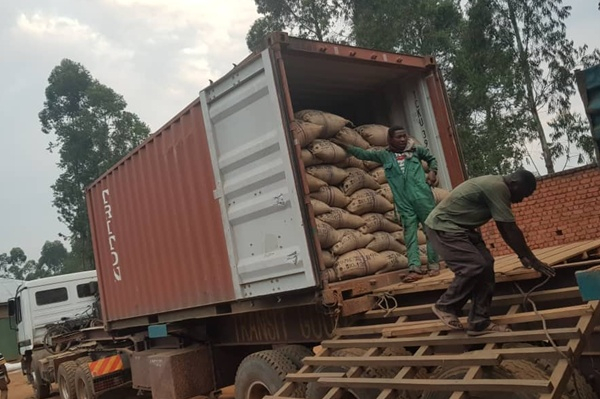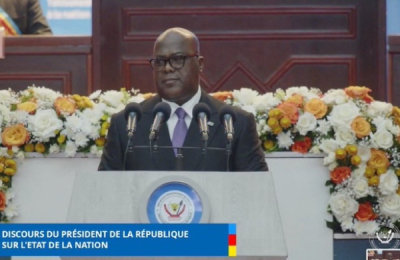The price of Arabica coffee, a key export for the Democratic Republic of Congo (DRC), has surged on international markets. According to Reuters, As of February 12, 2025, Arabica futures were trading at approximately $4 per pound, or $8.80 per kilogram.
The surge is mainly attributed to rising transaction costs on the ICE exchange, where margins have been raised by 10% to $10,410 per contract nearly double what they were a year ago. As a result, many traders have liquidated their positions, further driving up prices.
The DRC's Ministry of Foreign Trade reported a 7.89% rise in the price of a kilogram of Arabica coffee on international markets. Between February 10 and 15, 2025, the price climbed to $7.38, up from $6.84 the previous week.
A study by the University of Liège in Belgium suggests that higher international coffee prices could benefit Congolese producers. However, the country’s eastern region, where most coffee is produced, is currently at the heart of conflicts opposing the Congolese army to invaders–M23 rebels and their Rwandan allies. The storm threatens the Arabica coffee-producing areas in North and South Kivu and Ituri. The invaders have already taken over Bukavu and Goma, the provincial capitals of South Kivu and North Kivu.
Beyond the conflict, the coffee sector grapples with numerous challenges including low productivity, deteriorating infrastructure, and rampant illegal exports. In Ituri province alone, over 80% of the coffee produced is clandestinely exported to neighboring countries, according to recent data from the Office National des Produits Agricoles du Congo (ONAPAC), limiting potential income for the DRC.
The country produced 12,422 tonnes of coffee in 2023, up from 10,729 tons in 2022. According to the data, disclosed by the Central Bank of Congo (BCC), Robusta made up over 70% of the output in 2023, and the rest was Arabica.
This article was initially published in French by Boaz Kabeya(intern)
Edited in English by Ola Schad Akinocho










